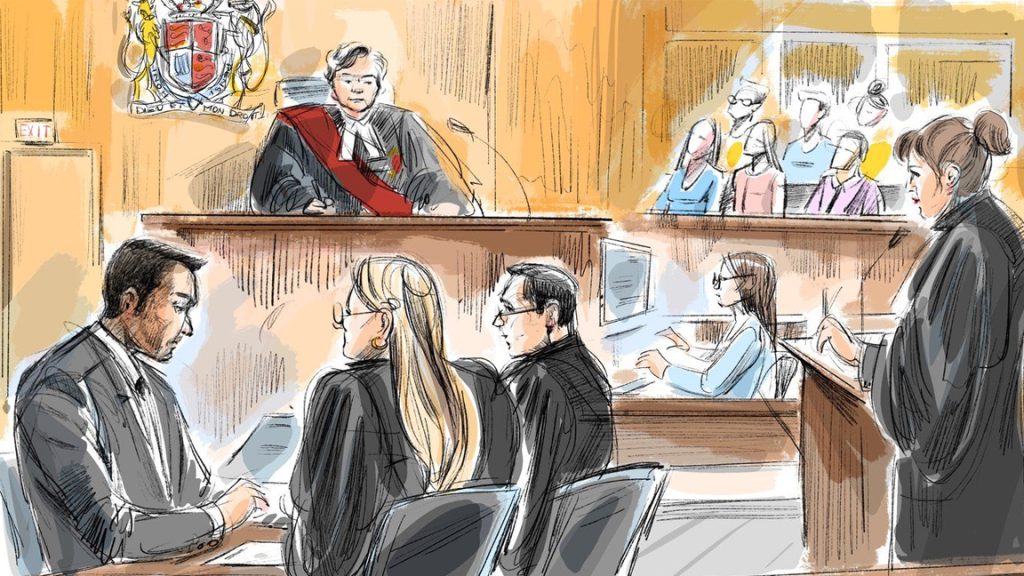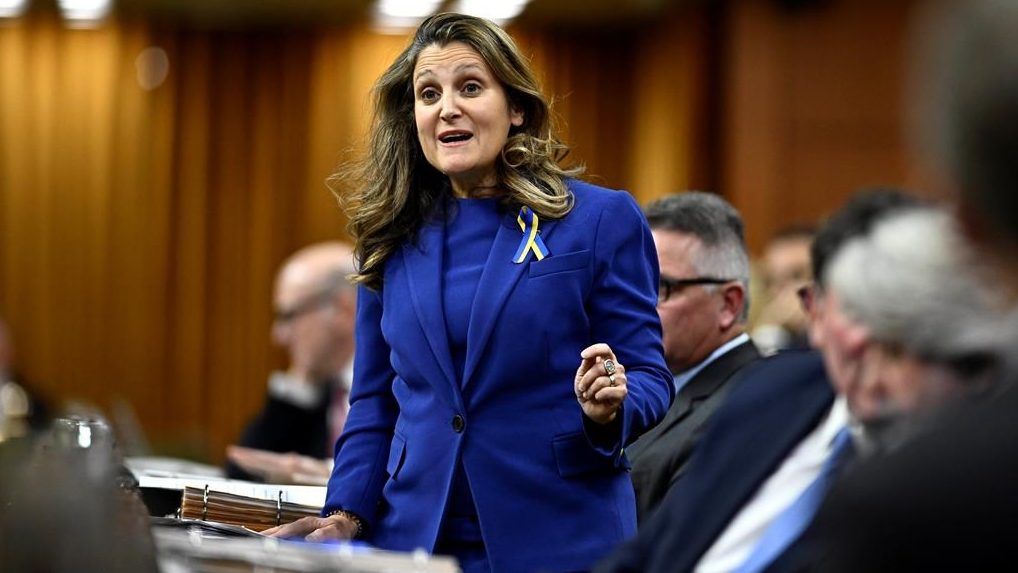Canada’s Omar Khadr Pleads Guilty To War Crimes
Posted October 25, 2010 7:07 am.
This article is more than 5 years old.
Years of political hand-wringing over Guantanamo Bay’s youngest and only remaining western inmate appeared close to an end Monday as Canada’s Omar Khadr pleaded guilty to war-crimes charges in the death of a U.S. special forces soldier in Afghanistan eight years ago.
Khadr, who had long denied having thrown the grenade that killed U.S. Army Sgt. 1st Class Christopher Speer in 2002, abruptly changed his tune when he withdrew his not-guilty plea and entered a guilty plea instead.
Under the terms of his plea agreement, Khadr will begin serving his sentence in an American prison, but he’ll be permitted to apply for a transfer to Canada after the first year.
It remained unclear Monday whether Ottawa, which has long refused to make any effort to repatriate Khadr on the grounds that his trial remained under American jurisdiction, had agreed to allow him to return to the country of his birth.
Once the plea was entered, Khadr — clad in a suit and tie — was questioned at length by judge Col. Patrick Parrish to ensure he understood the terms of a 50-paragraph “stipulation” laying out the agreed-upon details of the facts of the case.
“Has anyone forced you to enter into this stipulation?” Parrish asked. “No,” Khadr answered softly. During the course of the proceedings, he hung his head, and rubbed his eye.
After about a half hour of questioning, Parrish asked Khadr: “It’s your voluntary decision to continue with the plea of guilty?”
“Yes,” came the response.
It was a stark contrast to the defiance Khadr has shown in previous court appearances, most notably in July when he told the court in no uncertain terms that he was not interested in agreeing to any deals.
Pleading guilty, he said, would “give an excuse to the government for torturing me and abusing me as a child.”
Parrish said the detailed terms of the agreement wouldn’t be released until Tuesday to allow jurors, who were being flown in to the remote military base in Cuba, to see them first. Under military commission rules, sentences must be imposed by a jury.
Khadr faces a maximum sentence of life behind bars, but the jury will be required to impose a sentence that’s equal to or less than the one agreed to in the plea bargain.
Parrish said the diplomatic notes exchanged between Washington and Ottawa would be released along with the plea-bargain terms once jurors have delivered their sentence.
As has been the case almost from the outset, the Canadian government refused to say anything about the deal.
“This matter is between Mr. Khadr and the U.S. government,” said Catherine Loubier, spokeswoman for Foreign Affairs Minister Lawrence Cannon.
“We have no further comment.”
The hearing resumes Tuesday.










